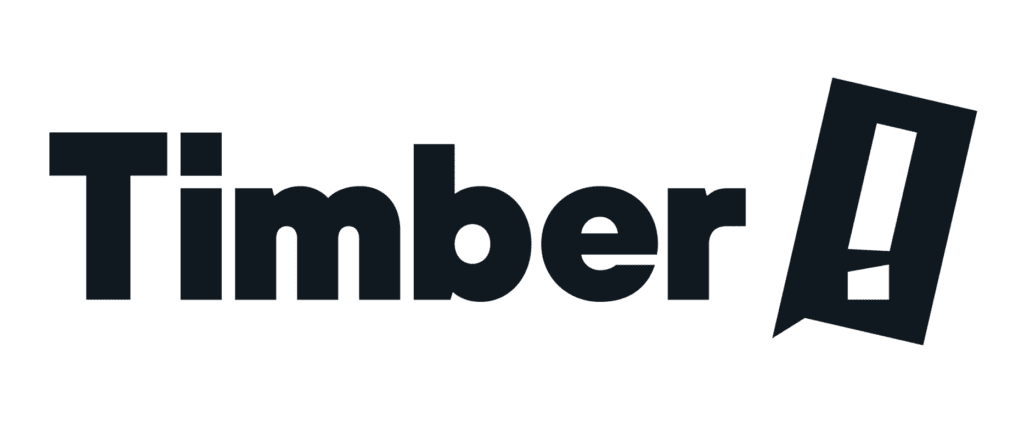

PodMov Daily: Tuesday, December 14
Episode 555: Testing, One Two-sday

‘Textcasting’ in 2006 and the Cycle of Change
In early 2006, about seven months after launching the first Slate podcast, Andy Bowers was jazzed about ‘textcasting.’ Most iPods had LCD screens that displayed text, so he began inserting episode transcripts into the audio files. It worked: “Scores of people wrote in, and a large majority reported a good experience.”
Our point, though, is the first topic of Bowers’ post: “When Apple introduced the video iPod last year, more and more video podcasts — or vid-podcast or vidcasts, or whatever they’re called this week — began appearing.” Nearly 16 years later, the podcast industry is making the same observation and still unsure what to make of it.
Libsyn’s Rob Greenlee recently shared his own 2006 article, noting its “very familiar” themes. “Could it be that too many of the technology early adopters and creative geeks have just accepted podcasting and are moving beyond it to video?” he asked then. If changes have you concerned, keep in mind where podcasts have been.
Focus on the Audience and the Money Will Follow
News organizations’ revenue-first strategies won’t last, predicts Eric Nuzum. “This coming year, I believe a lot of bean-counters will look at what their legacy orgs are investing in podcasting, look at what return that investment is generating, and raise the flag that something needs to change. And they’ll be right.”
The veteran creator, strategist, and Magnificent Noise co-founder has watched the cycle play out time and again: Instead of focusing on audience, media organizations set up an expensive podcast production arm with little support for engagement or community building. Nuzum calls it a mix of denial and optimism.
“In the ‘you are what you measure’ world, the worst way to achieve success in podcast revenue is to make revenue your primary goal,” he writes. The same is true for independent podcasters and smaller organizations as well. A dedicated audience takes time to build, and no amount of upfront cash can build it.

Timber: Shape the Future of Quality-First Podcast Hosting
Timber is looking for craft-loving, independent podcasters to beta test its new hosting service. Testers will receive a year of free hosting with a quality-first approach. The interface is clean and intuitive, the analytics are beautiful and user-friendly, and import is lightning fast.
The service is nearly two years in the making, and it shows. From episode management to analytics, each feature is designed to serve passionate, experienced podcasters. Your feedback will shape an even better experience for a growing community.
This offer is limited to the first 50 shows that commit. If you’re interested, please email jon@timber.fm or fill out this form. Need another reason to sign up? Someday, when all the best independent shows are hosted on Timber, you'll be able to say you were here first.
Here's what else is going on:
- Answer sheet: This Friday at 3:00 pm PT, the Editors Collective will host an information session for Edit Mode: Story Editor Training for Narrative Audio. Potential applicants can learn about the paid training and mentorship program, ask questions, and meet instructors. RSVP required.
- Many talents: Bari Finkel, named ‘Podcast Innovator of the Year’ by Adweek, is honored for her work on HBO and Netflix companion shows. However, the Pineapple Street Executive Producer also deserves credit for her role on Unhappy Hour. Congrats to a hilarious queen and co-host.
- World service: The Podcast Host has just released its first translated articles. Four are available in Portuguese, including the classic “How to Start a Podcast,” or “Como começar um podcast.” Paid translation work will soon be available for Spanish-speaking podcasters. Reach out here.
- Last call: After seven and a half years, Call Your Girlfriend is coming to an end. Vulture’s Nicholas Quah spoke with the beloved podcast’s three hosts about the decision, how the industry’s demands have changed, and what it means to close the curtain on a long-term labor of love.






Join the Movement